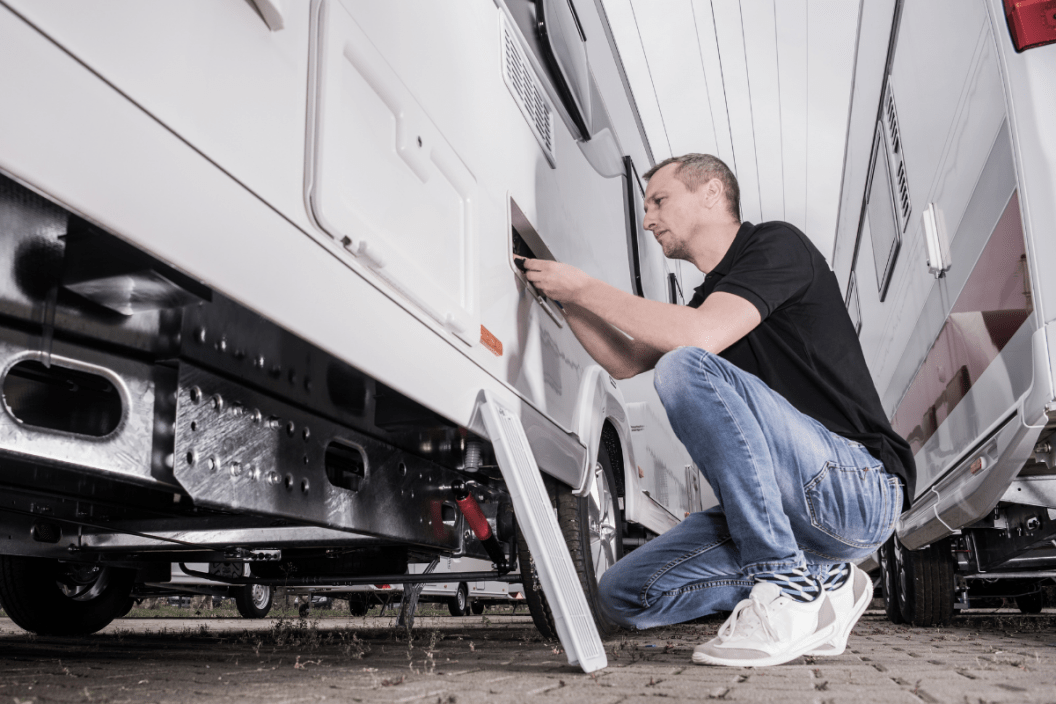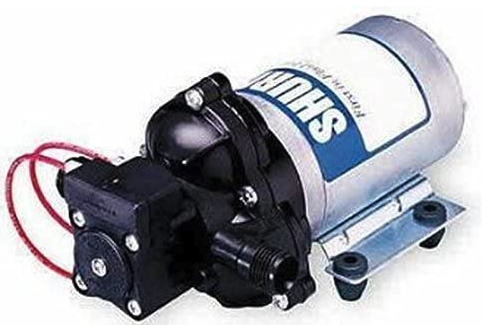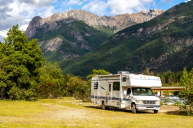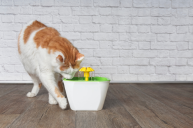RV water pumps function as pressure pumps that deliver water at variable speeds. They exist to maintain even water pressure levels in recreational vehicles despite the amount of water being used by campers at any given time. Essentially, they make sure that your water pressure stays the same when RVing no matter how many faucets, hoses, or shower heads you've got running at once.
Next to electricity, running water is one of the number one reasons to head outdoors in RVs and trailers with full hookups. Having a water supply is one thing, but keeping a high pressure flow of water is another. Everyone loves a good, strong shower, which is why wise RV owners stick to pumps that can deliver some serious GPMs.
How RV Water Pumps Work
https://www.instagram.com/p/CIgRMKuhPkh/
Most RV water pumps are 12 volt, which means they draw their power from 12V DC power supplies like your typical RV battery. The amps aren't the same for every 12 volt water pump, but that's to be expected. What really matters is how many gallons of water per minute (GPM) the pump can deliver, as that affects the pounds per square inch (PSI) it provides.
The higher the GPM, the stronger your water pressure.
Also known as demand pumps, since they increase water pressure on demand, RV pumps use pressure regulators to sense how much added power is needed to propel your water properly. Where the anatomy of an RV's plumbing system is concerned, water pumps land between fresh water tanks and end-user sources like toilets. They come before water heaters, which then reroute heated and pressurized water to sinks and showers.
Many RVs are built with city water hookups featuring water lines that bypass water pumps. This is because municipal water is usually already pressurized, and therefore doesn't need the extra help. That being said, a heavy-duty RV water pump could probably give you better water pressure than some city systems, if you don't mind stepping out of the house for a shower.
Those that are really serious about their water pressure also get accumulator tanks if they have the room. These pressurized water chambers work with water pumps to conserve battery power, stop sudden spikes in pressure, and potentially extend a pump's lifespan.
How to Pick the Best RV Water Pump
https://www.instagram.com/p/CHYnwXxBHx3/
RELATED: Why RV Toilet Paper is (Almost) More Important Than Gasoline
A lot of folks claim that Shurflo, Flojet, and Aquajet make the best RV fresh water pumps. However, other name brands like Remco, Seaflo, and Lippert get just as many good reviews as their competitors. The real question is, which one should you choose, and why?
Any new pump you buy runs the risk of being a lemon, regardless of the brand. What you want to do is buy yours with some sort of guarantee, like a multi-year warranty. Following that, you need to determine which models go with your water system. For instance, your smaller travel trailers generally take a model with a different flow rate than their motorhome cousins.
Once you've narrowed your search down, there are several essential features you'll want to look out for. If you're installing the unit yourself, definitely get something that's easy to rig, as RV plumbing isn't for everyone. Similarly, buying a self-priming pump will save you some minor hassles, but isn't necessary.
Next, even though silencing kits are available, you might consider something with a quiet motor. As any experienced RVer can tell you, even new RVs tend to have somewhat noisy water pumps. But they'd probably also say the racket was worth it after a couple days without decent water pressure.
Finally, while you might want to get something more affordable on Amazon, we'd suggest sticking to name brands and retailers who are known to back their product. Also keep in mind that if something does go wrong with a pump you buy online, it won't be as easy to return and replace as one bought in person.
In the end, you'll be glad you put the effort into getting a great water pump for your RV!
Have any advice for folks in the market for an RV water pump? Spread the love on our Wide Open Roads Facebook!






